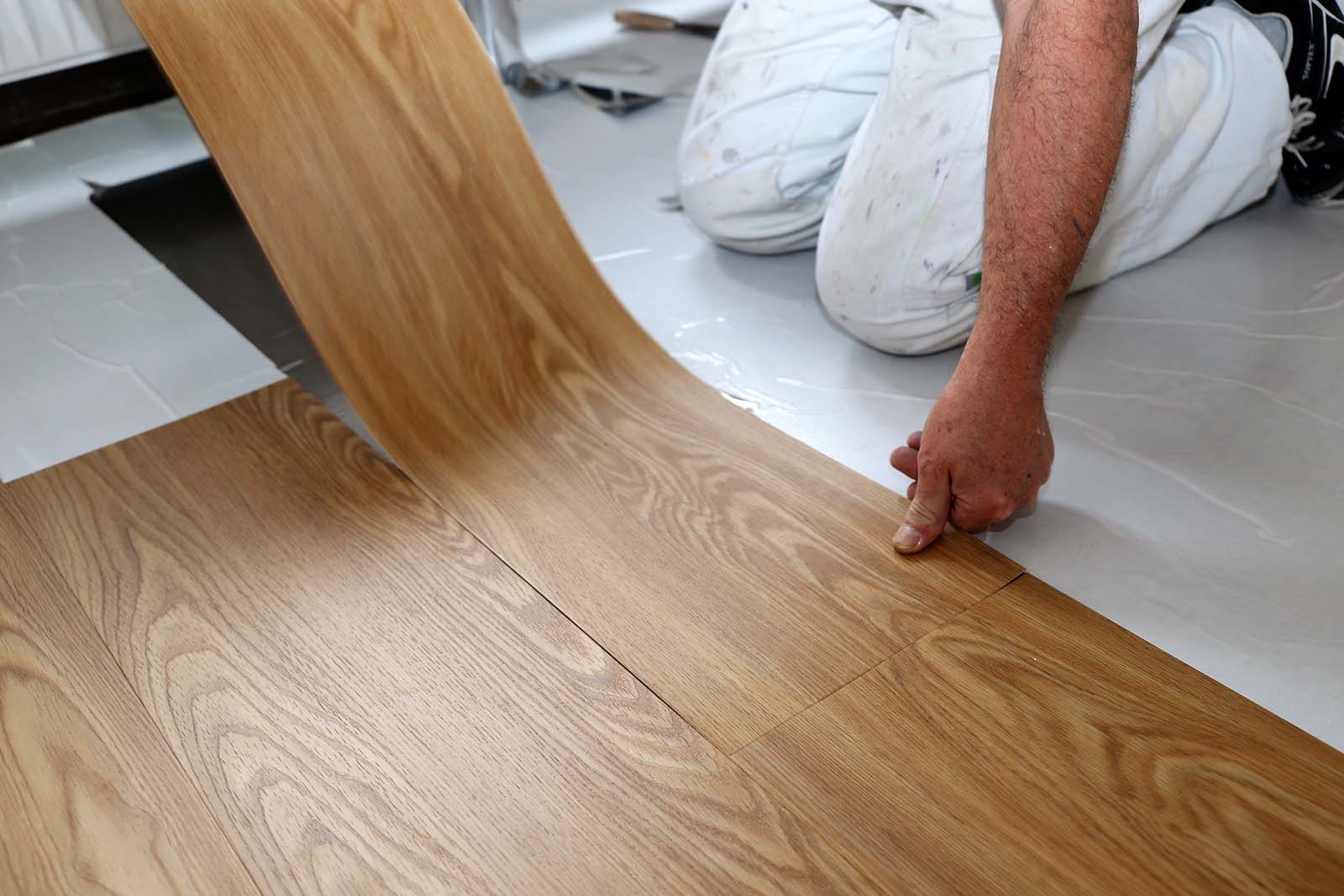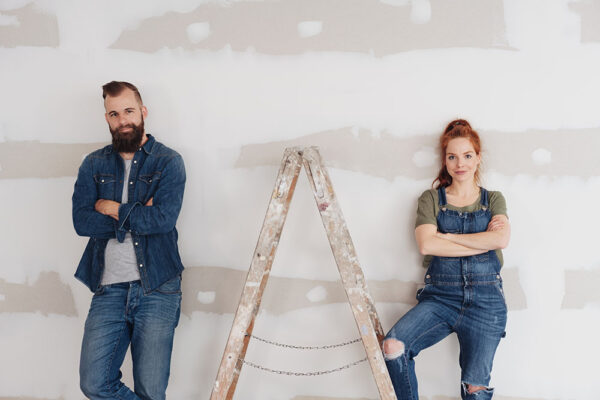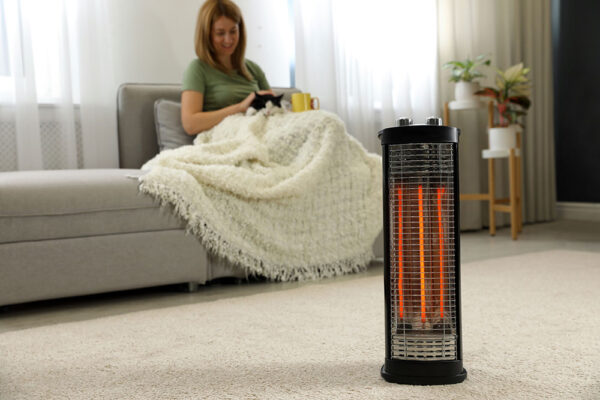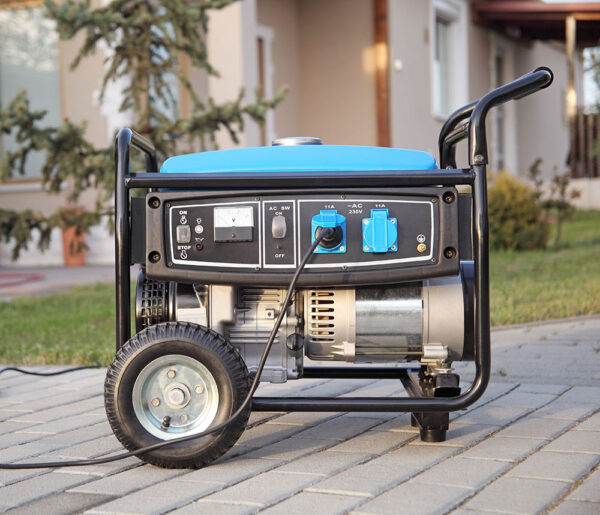You may be considering vinyl flooring for your home. You might have heard that it’s affordable, durable, and easy to install. But what is vinyl? Are you confusing it with linoleum or laminate flooring? Let’s learn more, so you can decide whether vinyl is the best choice for your home.
Differences Between Laminate Flooring And Vinyl Flooring
Vinyl flooring is completely made up of synthetic materials, while laminate flooring has some wood in it. Laminate flooring is made of a wood fiberboard core, with a wood grain image, sealed with a clear protective layer. Because of this, laminate is susceptible to moisture and humidity. Sold in planks that snap together, laminate flooring provides the look and feel of hardwood floors.
Differences Between Linoleum Flooring And Vinyl Flooring
Linoleum is made from all natural materials, as opposed to vinyl, which is purely synthetic. Linoleum has been used for nearly 150 years, and it can be considered hopelessly out of fashion. However, it is durable, affordable, as well as being environmentally friendly. Vinyl is more water resistant than linoleum, but if cared for properly, linoleum can last for a lot longer. It also requires an annual protective coating and waxing, while vinyl requires nothing more than a sweep and mop.
Pros And Cons of Vinyl Flooring
There are many reasons to opt for vinyl. Apart from being inexpensive, durable, water resistant, it’s also available in a variety of different colors, styles, and textures. You can get vinyl in sheets, planks, or tiles. It’s easy to DIY. It also stands up well to heavy foot traffic. If you didn’t want vinyl all throughout your home, it happens to be a great option for bathrooms and laundry rooms, since it will not stain, and withstand humidity.
So are there any cons at all to vinyl? Because it is manufactured using toxic chemicals, it may give off gas after installation. It is also a material that’s difficult to repair if it’s scratched or punctured. Heavy loads are not good for vinyl. Its colors can also fade with exposure to direct sunlight. And while it may look like real hardwood, it certainly doesn’t feel like real hardwood. It also doesn’t do anything for a home’s resale value.
Why Use Vinyl Flooring
All things considered, vinyl is extremely reasonable in price, and easy to install if you wanted to do it yourself. To successfully install vinyl flooring, you have to make sure that the surface beneath is extremely smooth. If not, any bumps, flaws, imperfections, and the like will show through in your floor. A well sanded plywood base layer is the best option. If you are doing it yourself, it is not recommended to put new vinyl over existing vinyl. DIY kits for vinyl are easily available through the manufacturers, but contractors can lay it down for you for the most professional look.





